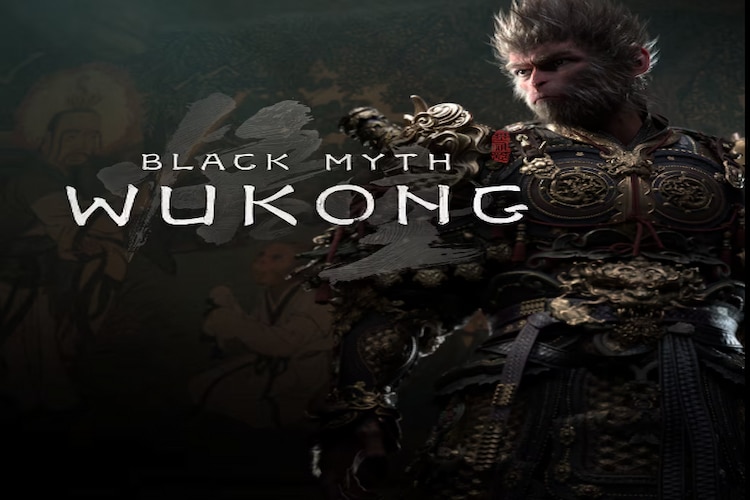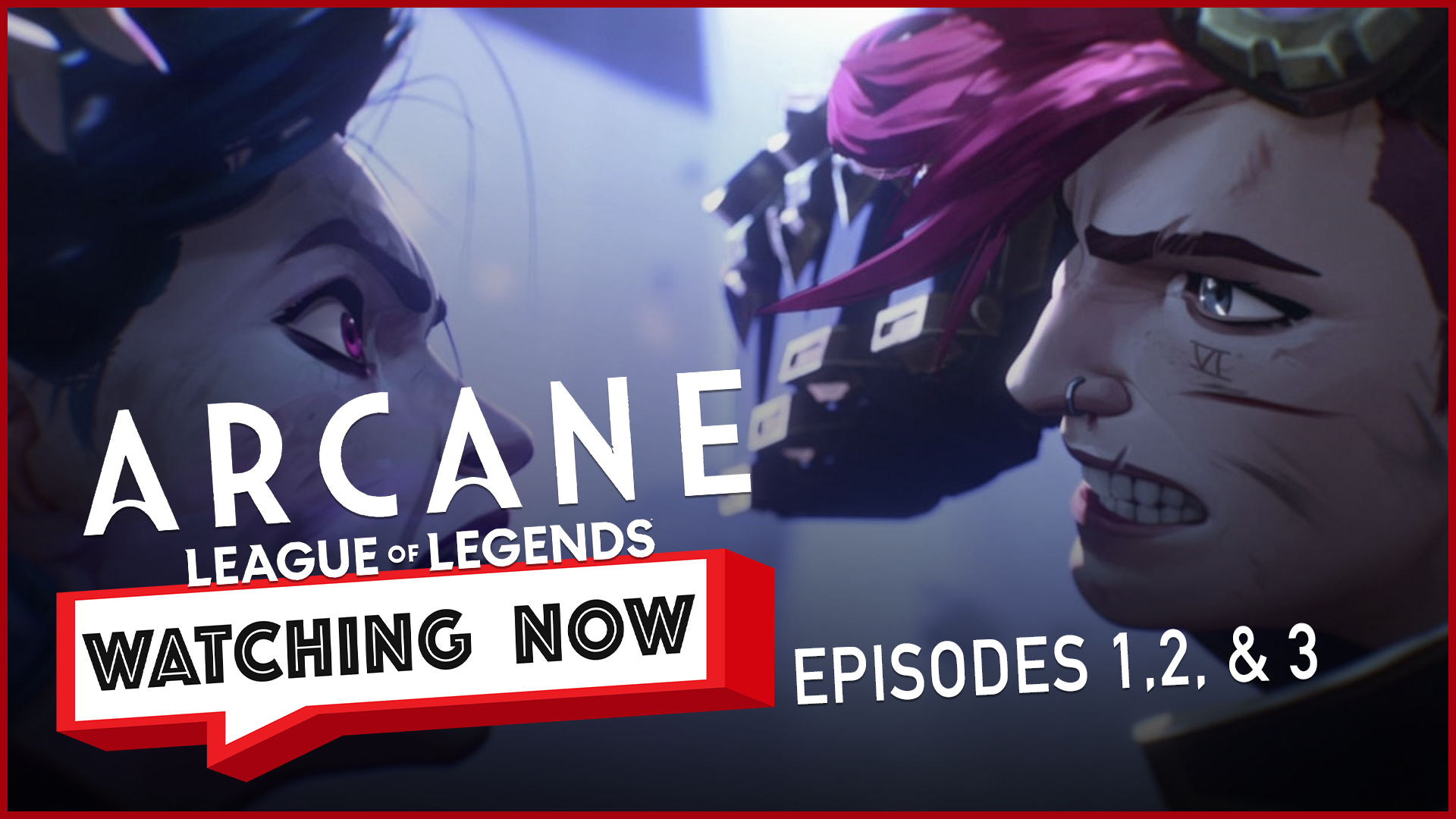
I first heard about Wukong in 2022. It was one of those games where a trailer drops and is able to generate immediate excitement. The graphics looked crisp, the gameplay looked similar to From Software’s popular Dark Souls series, and it was based on a story that we in the West scarcely have a chance to absorb in video game form. Possibly the most famous figure in Buddhist myth: Sun Wukong. The Monkey King that ascended to heaven and was inevitably cast out. Or, as I knew him, “That guy from League of Legends, Smite and every other MOBA that has ever released”.
But to be honest, this game completely lived up to the hype. Playing this for myself was a real testament to a warrior’s journey. You progress, die a few times, get back up and try again, work on yourself, find that you just have to power up from other means, stumble upon secrets, help really charming NPCs in their own struggles and at the end of every chapter, you get an animation that clearly took a gaggle of animators whipping out their ancient skill scrolls to make some of the most aesthetically pleasing little cutscenes of Chinese myth and culture. This game is made with love and has been the most powerful expression of culture I’ve seen in video gaming in a long time. So, let’s get into the details of what made this a Game-of-the-Year contender.

To me, the story is the most important part of any single-player experience. Here, the story is told through fables and spectacles. The opening cutscene shows Wukong defying Heaven and pits you against their champion from your first step. From here, we’re treated to an epic back and forth, where Wukong basically gives them all the finger and insists he will kill them all for attacking his people to punish them. A really impressive fight results in something happening to Wukong, and is trapped beneath his mountain.
Nothing from here on is explained; you must progress and earn your context. Your character is a Monkey born on the same mountain as Wukong and tasked with gathering together his relics so that he may return (and fight some pretty difficult enemies).

Low-level demons, giant forest creatures, and even the gods themselves; you’ll be facing them all. Every foe is known as “Yaoguai”, and they all have stories told through dialogue and action. The more you fight and progress, the more you come to understand the depth of every being you come across. Special props to “Zhu Bajie”, a boar Yaoguai who becomes your companion throughout the tale, giving witty banter and sass at every turn.

I particularly liked how the game guided me into the small intricacies of how Buddhist hierarchy works and how nobody in the tale is exclusively good or evil. Even Wukong himself is subject to criticism, with you coming across those whose lives he’s touched and how his storm of reckless behavior has eternally changed their path in life. On the opposite side of that, the heavenly courts are portrayed as paranoid and unwilling to compromise, coming after you, fearing that you may just succeed in becoming Wukong reborn.
Every story in this game is a handcrafted and polished retelling of the legend while also expanding on its consequences. My only gripe is that the animations at the end of each chapter can be confusing at times should you not have the context of something like Journey to the West or another story that details Wukong.

Also, the dubbing voice actors all deserve bonuses. From start to finish, I was praising every single voice actor who uttered any lines. The VA who plays Sun Wukong is so good, and I cannot stress how immersive the voice cast is for the English dub.
The thing about Black Myth Wukong is that the number of paths you can take to change your playstyle really opens up the more you play. You get three fighting styles, seemingly endless amounts of spells and transformations, and a focus system that is so satisfying once you can reliably get off max focus attacks (Since they take finesse and require you to use them in a timely manner).
You’ll spend every battle finding new and inventive ways to get an advantage over your foes. The stronger you get, the more you’ll have to choose where your mana goes and just what approach to take. A keen mind is your best ally, with all bosses having at least a weakness to a tool in your kit. For instance, one boss has an adverse reaction to a certain relic, which, when used, stops his super form. The depth is absolutely… bananas.
Outside of combat, you really have to give props for the design of fights and bosses. The rise in difficulty parallels the majesty and strength of those you fight. As you keep moving forward, you feel like you are taking on much bigger threats as you cultivate yourself as a warrior. One particular moment I knew that things were getting serious was when an end boss produces a dragon and sicks it on you. That was the moment I knew the game wanted me to know it wasn’t messing around.

End-of-chapter bosses consistently proved to be the biggest challenge. I felt the leap in difficulty the moment I got near anything that could be considered an end boss, and I was never in doubt of what the final challenge was in any one area. The game has a very precise way of letting you know just how powerful they are and how much thought you’re going to need to put into each encounter. It’s related mainly to the size of the opponent, their dialogue, and how integral they are to the in-game lore.

Every part of the game boasts secret areas with cinematic flair, providing context to the area you’re in. They didn’t have to do this, but they were always amazing to play through and allowed for fights in the past that Sun Wukong himself fought.
So… this game is beautiful. I mean really beautiful. Even on my outdated Nvidia 3060, everything popped, feeling otherworldly and pristine. This game should be praised as a work of art in itself. I really can’t say much more other than the fact this game needs to be seen to fully embrace just how good it is.
They even went so far as to draw individual collision boxes around random rocks to the extent that you would actually feel like the rock was there, even down to the tiniest texture.
What a feat of graphical and gameplay interwoven beauty.

The soundtrack is very good. I wouldn’t say it’s anything remarkable, but it’s very high quality. There aren’t any tracks here that you would be playing to yourself in your spare time, but during the game, everything fits, creates great ambience, and you can hype yourself up during fights with it quite easily. You won’t be disappointed. But with the likes of Elden Ring and Dark Souls soundtracks living rent-free in people’s minds, I guess this one just falls short of that pedestal.

Wukong has everything it needs to be preserved in the gaming annals of history. It’s one of those special labour of love type games that comes along with the budget you would expect of a masterpiece. China is often overlooked as a game developer treasure trove. Alongside other studios such as MiHoYo, we can probably expect that Game Science, the developers of this game, will become a major player in the gaming landscape. I will probably play Wukong a second time with a different fighting style, just because it’s that interesting to see the variations of play offered to me. Black Myth: Wukong just has the bad luck to fall in the same year as many other massive releases. But in my opinion, this game deserves Game of the Year.




